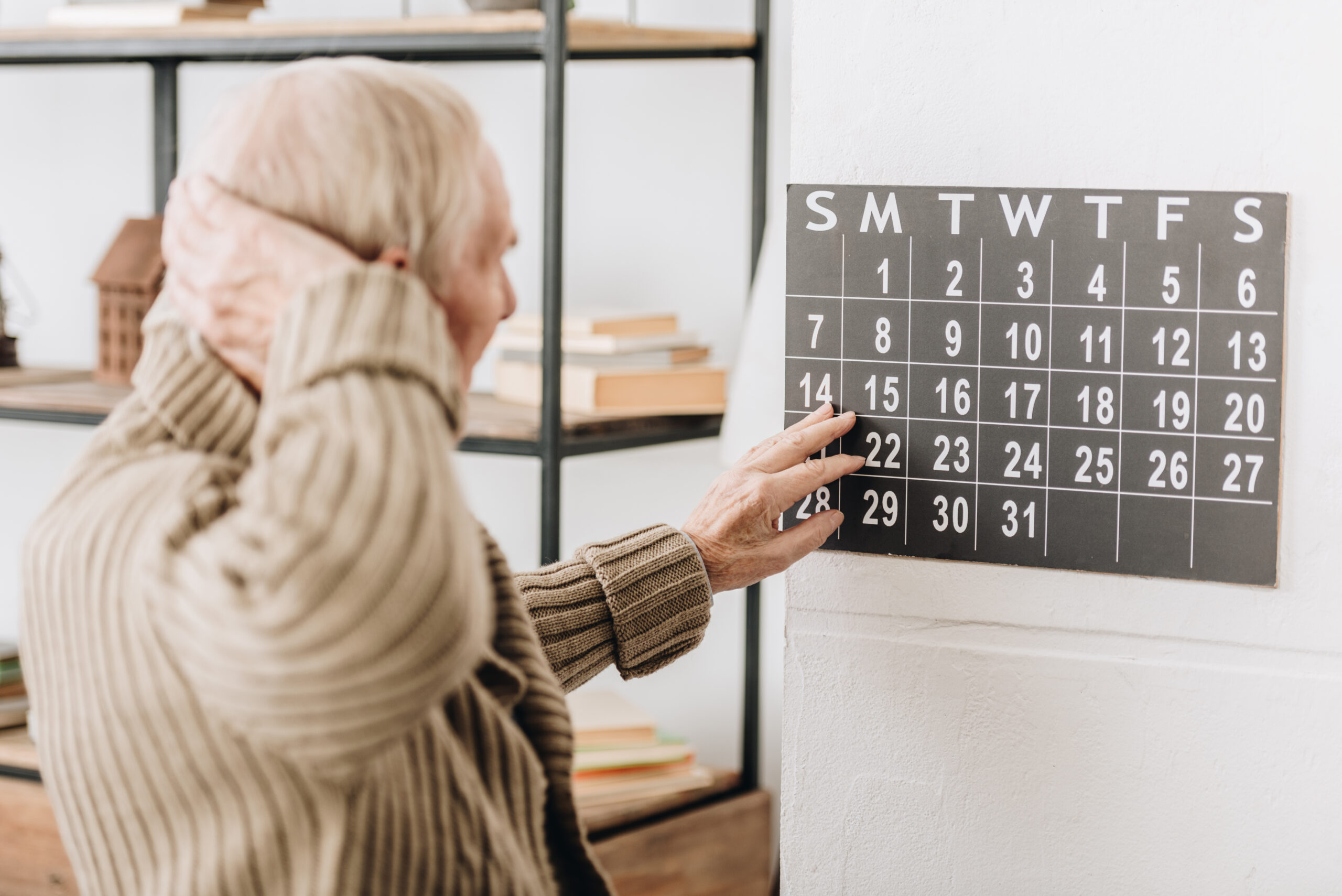How to Support Healthy Sleep Hygiene
Getting a good night’s sleep is one of the best things you can do for your health, but sometimes it feels out of reach. The good news is that healthy sleep habits—often called “sleep hygiene”—are simple to learn and can make a big difference in how rested you feel.
Start by setting a regular bedtime and wake-up time, even on weekends. Your body loves routine, and sticking to a schedule helps your internal clock know when it’s time to wind down or wake up. Try not to nap too much during the day, especially late in the afternoon, because this can make it harder to fall asleep at night.
Your bedroom should be comfortable and inviting for sleep. Keep it cool, dark, and quiet. If outside noise bothers you, consider using earplugs or a white noise machine. Make sure your mattress and pillows are supportive—you spend about a third of your life in bed!
About an hour before bedtime, start winding down by turning off screens like phones, tablets, TVs, or computers. The blue light from these devices tricks your brain into thinking it’s daytime and makes falling asleep tougher. Instead of scrolling through social media or watching videos before bed try reading a book listening to soft music doing some gentle stretching or practicing relaxation exercises like deep breathing meditation or progressive muscle relaxation.
Avoid heavy meals caffeine alcohol nicotine close to bedtime as these can disrupt sleep quality if consumed too late in the day try finishing dinner at least two hours before going to bed if possible
If worries keep you awake jot them down on paper so they don’t circle around in your mind all night writing things out helps clear mental clutter making room for restful thoughts
If after twenty minutes you still aren’t asleep get up go somewhere else quiet with low lighting do something calming until you feel sleepy again tossing turning only leads frustration which makes falling asleep even harder
Healthy sleep isn’t just about quantity but also quality small changes add up over time creating habits that support deep restorative rest every night





